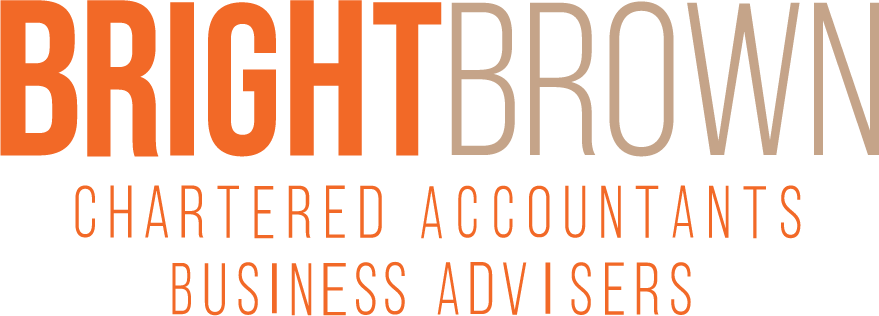Have paid the correct amount of contributions?
As we approach the end of the financial year, it’s important to check your National Insurance records. This is to ensure that you have paid the correct amount of contributions. Your National Insurance (NI) contributions are important because they determine your eligibility for certain benefits, such as the state pension and statutory sick pay.
It is always recommended that you keep track of your National Insurance contributions, especially if you are self-employed or have gaps in your employment history. You can easily check your records by logging into your personal tax account on the HMRC website. Alternatively, you can request a statement of your National Insurance contributions by post.
This year it is particularly important to check your National Insurance records before the 5th April 2023. Because at present there are arrangements that allow you to make voluntary contributions to plug gaps as far back as April 2006. After 5th April 2023 you will only be able to go back 6 years.

If you were furloughed you may not have had your contributions deducted…
You might also wish to check your National Insurance records if you received furlough pay under the Coronavirus Job Retention Scheme (CJRS). Depending on your circumstances, employees who were furloughed may not have had their National Insurance contributions deducted from their pay.
If you do have gaps in your National Insurance records, you may be able to make voluntary contributions to fill them. This can be a good option if you are approaching retirement age and need to top up your contributions in order to qualify for the full state pension. However, it’s important to weigh up the cost of making voluntary contributions against the potential benefits, as it may not always be cost-effective to do so.
review your pension savings and contributions
In addition to checking your National Insurance records, it’s also a good idea to review your pension savings and contributions. If you are enrolled in a workplace pension scheme, make sure you are aware of how much you are contributing and whether this is enough to meet your retirement goals. If you are not enrolled in a workplace pension, consider setting up a personal pension or investing in a Lifetime ISA, which offers tax-free savings for first-time buyers and retirement.
In conclusion, this year, it is particularly important due to the arrangements that allow you to plug gaps as far back as 2006 which will end on 5th April 2023.. By taking the time to review your contributions, you can ensure that you are on track to receive the benefits you are entitled to, and make any necessary adjustments before the end of the financial year. If you require any help with this, please contact us by calling 01983 523361

